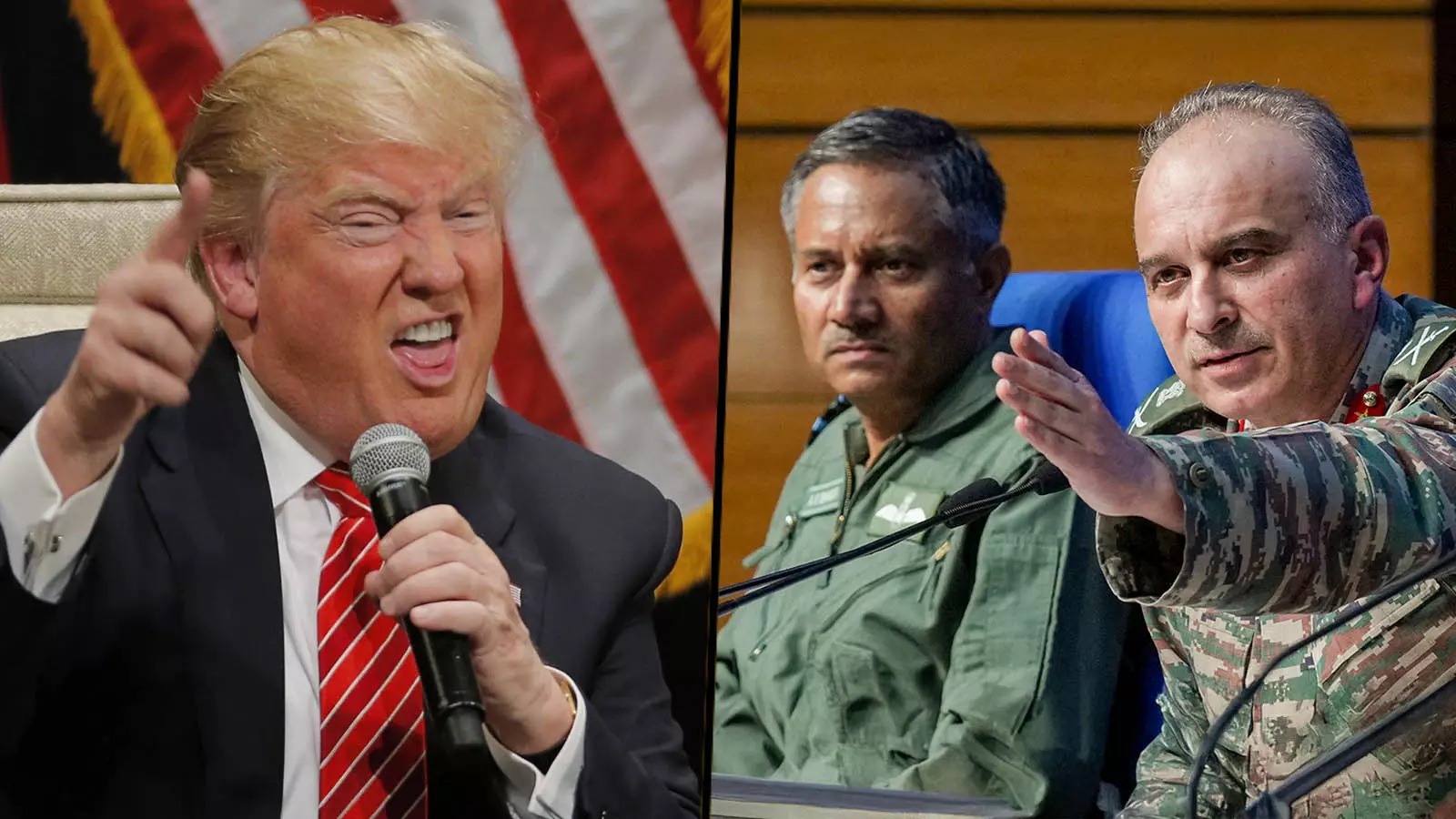
- Home
- India
- World
- Premium
- THE FEDERAL SPECIAL
- Analysis
- States
- Perspective
- Videos
- Sports
- Education
- Entertainment
- Elections
- Features
- Health
- Business
- Series
- In memoriam: Sheikh Mujibur Rahman
- Bishnoi's Men
- NEET TANGLE
- Economy Series
- Earth Day
- Kashmir’s Frozen Turbulence
- India@75
- The legend of Ramjanmabhoomi
- Liberalisation@30
- How to tame a dragon
- Celebrating biodiversity
- Farm Matters
- 50 days of solitude
- Bringing Migrants Home
- Budget 2020
- Jharkhand Votes
- The Federal Investigates
- The Federal Impact
- Vanishing Sand
- Gandhi @ 150
- Andhra Today
- Field report
- Operation Gulmarg
- Pandemic @1 Mn in India
- The Federal Year-End
- The Zero Year
- Science
- Brand studio
- Newsletter
- Elections 2024
- Events
- Home
- IndiaIndia
- World
- Analysis
- StatesStates
- PerspectivePerspective
- VideosVideos
- Sports
- Education
- Entertainment
- ElectionsElections
- Features
- Health
- BusinessBusiness
- Premium
- Loading...
Premium - Events

US and Israeli officials appear forthright at press meets but glibly resort to officialese to avoid committing themselves on key issues
For the time being, Operation Sindoor has come to a halt, followed by claims and counter-claims by India and Pakistan of strikes in each other’s territories.
One report from the first day of the conflict on May 7 was whether a few Indian fighter aircraft had been downed by Pakistan. Despite various reports on the issue, there was not much clarity on what exactly had happened, if anything did happen.
At a recent briefing in New Delhi, a military spokesperson, in response to a pointed question, replied that in a combat scenario, losses are inevitable. “We are in a combat situation and losses are a part of combat,” he said.
Ducking tricky questions
The lack of a denial and the acknowledgment of losses meant that something had indeed occurred, but the missing specifics left it open to interpretation. A typical official response to a tricky question.
Also read: Shashi Tharoor’s 4 objections as Trump claims credit for India-Pak truce
Unscripted media briefings are a rarity in India since 2014, when the Narendra Modi government came to power. Open military interactions with journalists are even rarer given the generally low-volatile situation in the region.
Comparatively, in the US and Israel, which are either directly or indirectly involved in conflicts, officials appear more forthright but glibly resort to officialese to avoid committing themselves one way or the other, especially when asked to comment on crucial issues.
They seem to have mastered the art of deftly avoiding blows by journalists at news briefings, reminding one of the well-known song on boxer Muhammad Ali, in which one line goes: “Catch me if you can.”
'Professional error'
Take a recent horrific incident in the ongoing Israeli assault on Gaza. On March 23, an ambulance with 15 Palestinian paramedics was shot down in an Israeli strike, killing all on board.
Also read: Israeli troops killed 15 Palestinian medics, ploughed over mass grave: UN
According to reports, Israeli troops buried the crushed ambulance along with the dead paramedics in the sand. Eventually, they got caught out and the entire incident was exposed to the outside world.
The Israeli spokesperson, in response to questions from the media, initially said the government would inquire into the incident. After a while, the officials came back with the answer, saying it was a “professional” error.
On why they had buried the vehicle along with the dead paramedics, Israeli officials claimed that it was done to protect the bodies and keep them safe for retrieval by humanitarian organisations.
Prior to opening up the site, Israel had cordoned it off for several days. There was no obvious explanation for that.
This incident, which would have sent shivers down the spine of most governments around the world, was handled glibly by the Benjamin Netanyahu regime.
Israel spin on Gaza killings
Over the years, Israeli spokespersons have mastered the art of responding to ticklish issues with answers that, even if unbelievable, don’t give space for further questioning.
For instance, though large sections of the media concluded that Israel was trying to cover up its action by burying the dead Palestinian paramedics and the ambulance, they could not effectively counter the Israeli response, which projected it as a concern for the dead.
Also read: Israel has ‘no choice’ but to continue fighting in Gaza: Netanyahu
Or, take the example of the Israeli killing an estimated 55,000 people in Gaza, which comprised a large number of civilians, including women and children, in the ongoing 18-month assault on the territory since the October 7, 2023 Hamas attack on that country.
US and Israeli officials seem to have mastered the art of deftly avoiding blows by journalists at news briefings, reminding one of the well-known song on boxer Muhammad Ali, in which one line goes, “Catch me if you can.”
Israeli officials say that it is in response to the Hamas attack. They have managed to give the impression that the October Hamas assault was the starting point of Israeli aggression in Gaza and West Bank. Israel’s controversial track record of disproportionate attacks on the Palestinians, killing thousands and destroying civilian infrastructure over the decades, have all but been wiped out in official narratives.
Blaming Hamas
Despite the well-documented accusations against Israel that Palestinians in these two occupied territories have been subjugated, harassed and treated like sub-humans for decades, all current official narratives by the Jewish state use the October Hamas attack as the prime reason.
The Israeli assault has, unsurprisingly, been described by some as “genocide” in a case currently being heard at the International Court of Justice.
Each time Israel is questioned on the issue, the spokespersons argue that the country is exercising the “right of self-defence”. Though this argument is contentious, Israel has managed to front this in its narrative. Because the point is to say something at the moment, even if lacking in credibility, when asked a question.
The US goof-up
The United States, too, has, over the years, mastered the art of media briefings, especially in sticky situations of which there have been many. Whenever questions have been raised by journalists on controversial actions by the US government, or any of its institutions including the military, its spokespersons have deftly managed with the art of obfuscation.
In fact, the US is the leader of the pack. Recall the famous briefing to the United Nations Security Council, on February 5, 2003, a month before the invasion of Iraq. The then Secretary of State Colin Powell detailed how Iraqi President Saddam Hussein was amassing weapons of mass destruction.
Powell was trying to impress upon the world that Saddam was a threat to humanity and needed to be dealt with. Soon after the US invaded Iraq armed, among other things, with this powerful “expose” by the top US official.
Powell's story
This is what Powell said during his presentation: “My colleagues, every statement I make today is backed up by sources, solid sources. These are not assertions. What we’re giving you are facts and conclusions based on solid intelligence.”
It later transpired, during the course of the invasion that Powell’s story was entirely fabricated. Caught out, he simply blamed intelligence officials for the goof-up and said they did not tell him the sources of their information.
The point is that Powell caused enormous damage to Saddam Hussein’s credibility as a responsible leader and provided crucial ammunition for the US to go ahead with its invasion. In brief, the damage was done, with the US brushing aside the entire incident as something that arose due to faulty reporting by the intelligence services. It held no one specifically accountable.
'I have common sense, ok?'
More recently, on January 29 this year, US President Donald Trump blamed an air collision between a US military helicopter and a civilian aeroplane on “diversity policies” of the previous Joe Biden administration.
Donald Trump’s statement, bringing in trade as the bait that ended the India-Pakistan conflict, has sent everyone scampering to figure out what he means
When asked how he came to this conclusion, Trump said, “Because I have common sense, ok?”
By making this quirky remark, he got away from having to explain why his administration had indulged in mass layoffs of federal aviation workers that many believed affected air operations, and led to the collision.
Also read: Trump: US stopped India-Pakistan 'nuclear conflict', will do 'lot of trade' with them
Trump’s responses at official briefings have taken government-media interactions to a whole new level, call it either insightful or absurd, depending on how you view the US President.
His statement on the India-Pakistan confrontation, bringing in trade as the bait that ended the Operation Sindoor-related conflict, has sent everyone scampering to figure out what he means. But that is Trumpism, a new form of verbal trickery, which is another story.


